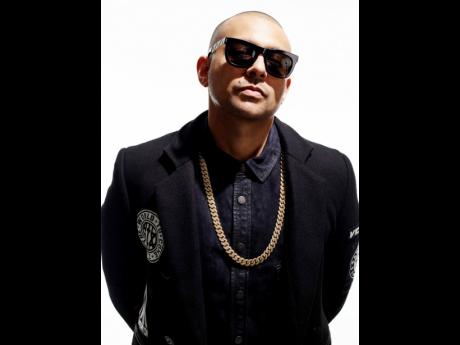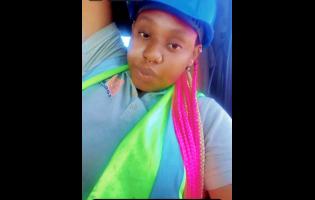Follow Sean Paul’s footsteps
Grammy-winning dancehall artiste Sean Paul has managed to find the international success many artistes from Jamaica can only dream of in their career.
However, industry insiders believe that if up-and-coming talent pay close attention to the steps taken by the internationally acclaimed artiste, similar success is not out of their grasp.
Speaking at a symposium held at the Bob Marley Museum on Wednesday, several music insiders outlined some of the qualities the Gimme Di Light singer possessed that made him stand out on the global stage.
Headline Entertainment's Jerome Hamilton said Sean Paul does not get the respect and regard he is due for his success.
"From the 90s and now we're in 2019, he's still the only artiste that is charting on Billboard national charts all over the world. Nobody has done that before and he continues to do it with a great amount of humility and hunger for success," he said. "Sean has had to work twice as hard because he was seen as this brown, uptown yute with a gold spoon that don't belong in this business."
He said that he didn't know many artistes who were as hard-working and diligent as Sean Paul.
"Sean was always open to advice as well. He never thought he knew it all and that was important," he said.
three-month promo tour
Hamilton noted that after selling six million copies of his first album, Sean Paul had to go on a three-month promo tour with no money, just performances.
"And with the second album, they said 'You have to do it again' and he never flinched," said Hamilton. "He was back on the bus and for two, three months he did not earn a dollar. He was also willing to pay the price of what it takes for success."
Talent manager Carleene Samuels urged aspiring artistes to take note of what is happening in the industry at different periods and use that to their advantage.
"A big part of it (his success) too was the coming of age of the Jamaican, Caribbean diaspora. At a certain time when Gimme Di Light popped, it was a time when people were migrating from Jamaica and they wanted their own culture," she said. "People wanted to see that Caribbean dancing, the vibe, and all. He was presented in a very authentic, dancehall way, and that comes down to branding and how much he and his team got it right."






































